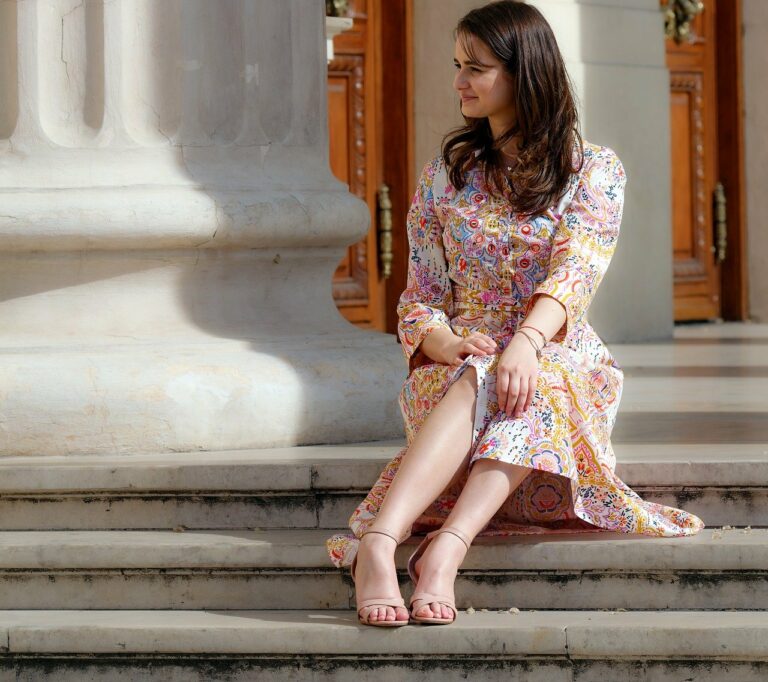The Art of Philanthropy: Supporting Cultural Heritage Through Antiques: All pannel .com, Play99exch win login, Gold365
all pannel .com, play99exch win login, gold365: In today’s fast-paced world, the importance of supporting cultural heritage cannot be overstated. Antiques have long been a vital part of preserving our history and traditions. The art of philanthropy plays a crucial role in ensuring that these artifacts are protected for future generations.
Why Support Cultural Heritage Through Antiques?
1. Preservation of History: Antiques offer a tangible link to our past, providing insights into how our ancestors lived, worked, and created.
2. Education: By supporting cultural heritage through antiques, we can educate others about different cultures, traditions, and artistic movements.
3. Economic Benefits: Investing in antiques not only supports cultural heritage but also helps boost local economies by creating jobs and attracting tourists.
4. Social Impact: Philanthropic efforts in the field of cultural heritage can foster a sense of community pride and identity.
How Can Philanthropy Support Cultural Heritage?
1. Financial Donations: Many museums and cultural institutions rely on donations to support their conservation efforts and educational programs.
2. Donation of Artifacts: Individuals can contribute to cultural heritage by donating antiques to museums, libraries, or historical societies.
3. Volunteer Work: Offering your time and expertise to help preserve and promote cultural heritage can be just as valuable as monetary donations.
4. Advocacy: Philanthropists can use their influence to raise awareness about the importance of preserving cultural heritage and encourage others to do the same.
The Impact of Philanthropy on Cultural Heritage
1. Conservation: Philanthropic support enables museums and conservation organizations to preserve and protect valuable artifacts for future generations.
2. Research: Funding from philanthropists can help facilitate research and scholarship in the field of cultural heritage, leading to new discoveries and insights.
3. Accessibility: By supporting cultural heritage through antiques, philanthropists can help make these artifacts more accessible to the public through exhibitions and educational programs.
What Should I Consider Before Donating Antiques?
1. Authenticity: Make sure that the artifacts you are donating are genuine and have been properly appraised by experts.
2. Legal Considerations: Be aware of any legal restrictions or regulations regarding the donation of antiques, especially if they are considered national treasures.
3. Tax Benefits: Consult with a tax advisor to understand the potential tax benefits of donating antiques to cultural institutions.
FAQs
Q: Can I donate antiques that have been in my family for generations?
A: Yes, donating family heirlooms can be a meaningful way to support cultural heritage.
Q: How can I ensure that my donated antiques are properly cared for?
A: Work with reputable museums or institutions that have a track record of excellent conservation practices.
Q: Will my donation be acknowledged?
A: Most cultural institutions provide donors with formal acknowledgment of their contributions.
In conclusion, the art of philanthropy plays a vital role in supporting cultural heritage through antiques. By donating, volunteering, and advocating for the preservation of our history, we can ensure that future generations will continue to benefit from and appreciate our rich cultural traditions.







